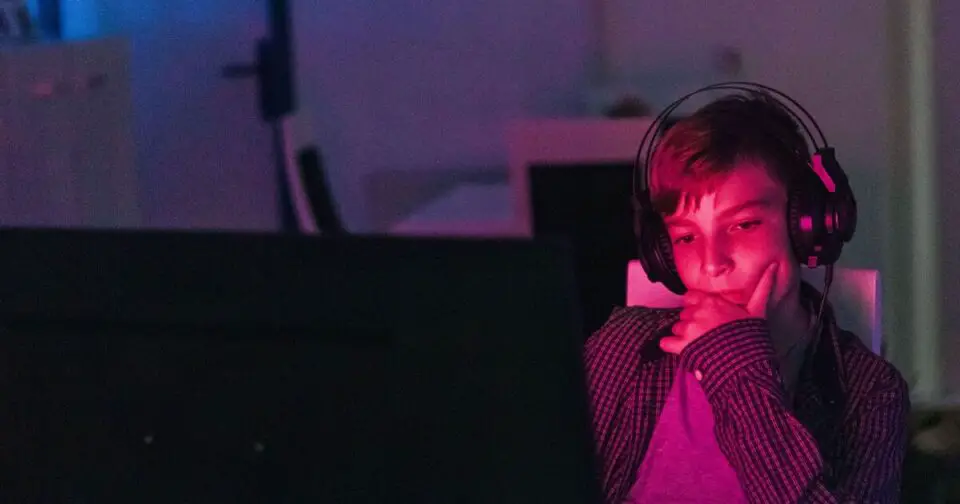Youngsters are racking up nearly two-and-a-half hours of daily screen time using smartphones, tablets, or watching TV, amounting to an eye-watering 45 hours a week, a national poll of 2,000 parents has revealed.
The survey, conducted among parents with children aged 6 to 14, found that more than two-thirds wish their kids would spend more time outdoors in the fresh air, but 43% admitted their children simply prefer screens.
A quarter of parents said their kids show zero interest in outdoor activities, with indoor habits dominated by pastimes like gaming, watching TV, and scrolling on phones. By comparison, only 34% of children play with physical toys regularly, and a only 31% often read books.
Screen time is becoming a growing concern for parents, with two in three worried about the amount of time their children spend on devices. Meanwhile, 42% of parents wish their children had a better balance between screen time and other activities.
More alarmingly, A third fear excessive screen exposure is stifling their children’s creativity. More alarmingly, 39% believe their kids are addicted to their devices.
The research shows that 47% of parents want their children to spend more time soaking up sunshine, 42% would like them to play with friends in real life, and 39% want their kids to explore nature.
In response to these concerns, a third of families have had conversations about the dangers of too much screen time, and have enforced time limits. However, two-thirds fear are still concerned that this excessive use is harming their kids’ eyesight.
The research, commissioned by Specsavers, comes as the optician launches an awareness campaign to highlight the growing issue of childhood myopia, also known as short-sightedness.
As part the campaign, the brand installed a giant outdoor snakes and ladders on London’s South Bank, designed to teach families about the myths and facts surrounding children’s eye health.
Optometrist Dr Nigel Best explained: “Children’s eyes are still developing, which makes them particularly vulnerable to the effects of extended screen use.
“We’re encouraging parents to look out for early signs of myopia and to prioritise time outdoors, which has been shown to help protect children’s vision.
Dr Best also shared a simple tip that could help: “One key tip to remember is the 20-20-20 rule: every 20 minutes, encourage your child to look at something 20 feet away for 20 seconds.”
The study revealed that one in four parents said their children have experienced headaches after prolonged screen use, while 20% noticed their kids rubbing their eyes once they eventually put their devices down. Other reported problems included eye strain (16%), sore eyes (14%), and difficulty seeing the board at school (11%).
Parents have suggested signs of shortsightedness have already started as 29% of parents have caught their children sitting too close to the TV, while 23% said they’ve noticed their kids holding tablets or books right up to their faces.
In a bid to break the screen-time cycle, 39% of families are now planning more outdoor activities, while an equal proportion have introduced tech time limits.
Dr Best stressed the importance of early intervention: “Early action really can make a difference. Regular eye tests are vital in spotting the signs of myopia early and can help slow its progression.
“We want to empower families with knowledge and encourage them to take that first step by booking a free eye test. With myopia cases rising, early diagnosis has never been more important.”

